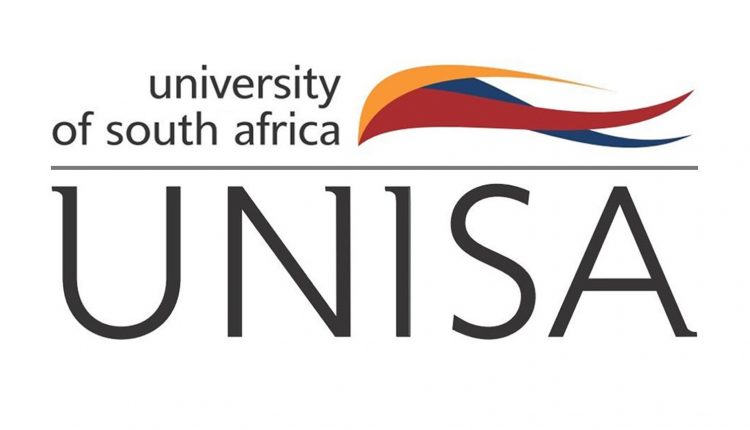University of South Africa: Social policy dimensions of land and agrarian reform in Asia
The traditional and accepted definition of land reform (1960s-1980s) is the distribution of property rights in land for the benefit of landless workers, small farmers and tenants. The neo-liberal definition of land reform is the reform of insecure land tenure, outdated regulations and dysfunctional land institutions. Multiple factors affect the success and the failure of land reform. For instance, inward-looking, outward-looking and comprehensive perspectives can inform land reform approaches.
The economic dynamics of the three cases from the three countries were considered in detail. It was discovered that from 1953 to 1965, all three countries had similar real GDP per capita. However, after 1965, Korea and Taiwan’s increased rapidly, while the Philippines showed no increase until 2007. Regarding income inequality trends, the Philippines had high inequality compared to Taiwan and Korea. In terms of education, in 1960, the Education Gini coefficient was similar in Korea and Taiwan, while the Philippines had a better education Gini coefficient.
Regarding the initial conditions, the Philippines had a lower initial condition score than Taiwan and Korea. All the countries had a democratic wave in the 1980s. Prior to that, there was the authoritarian rule.
The Philippines failed due to multiple contributory factors. Reasons such as the US policy not being supportive of the land reform process, and the non-obligatory option to sell land to the poor, have contributed to the failure. There were also massive land changes from 1945 to 1965. As a result, there was a decrease in tenants in South Korea and Taiwan and an increase in tenants in the Philippines. The land distribution also took place later in the Philippines (after 1986) than in South Korea and Taiwan (before 1960). The many attempts were, unfortunately, unsuccessful.
Focusing on the inward approach, in terms of the three different approaches, it is evident that Taiwan and South Korea’s approaches were successful. Linkages between land reform and other sectoral policy dynamics also significantly influenced (outward-looking analysis) the success of land reform in these two countries and its failure in the Philippines.
Dr Ilcheong Yi also noted that inequality is most likely to increase corruption. According to statistics, Taiwan and South Korea have relatively low corruption compared to the Philippines. From a comprehensive perspective of land reform and other sectoral policy dynamics, lessons can be learnt from the South Korean and Taiwanese development experiences. Significant limitations in democracy and ecological concerns must be incorporated into land reform.

